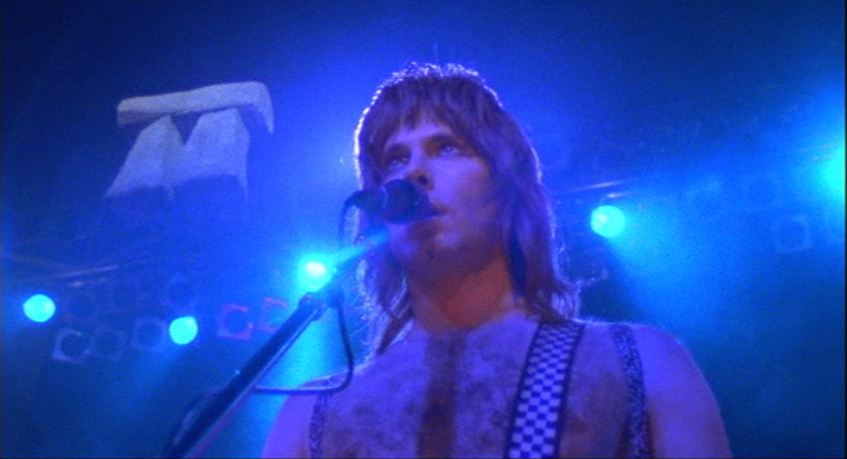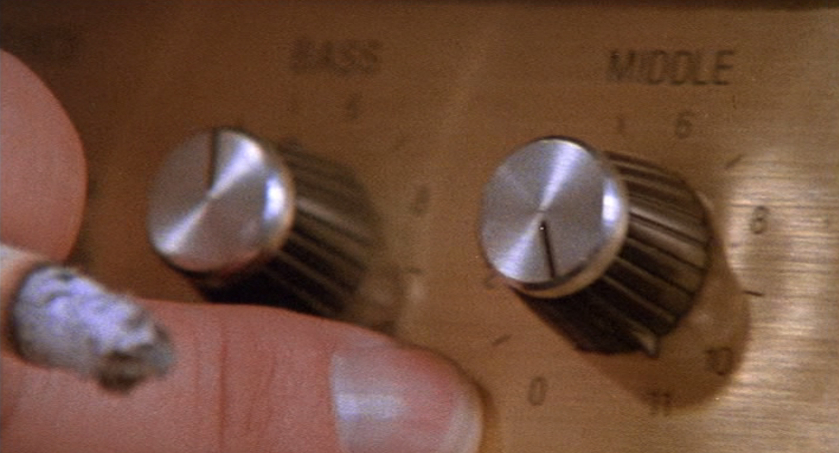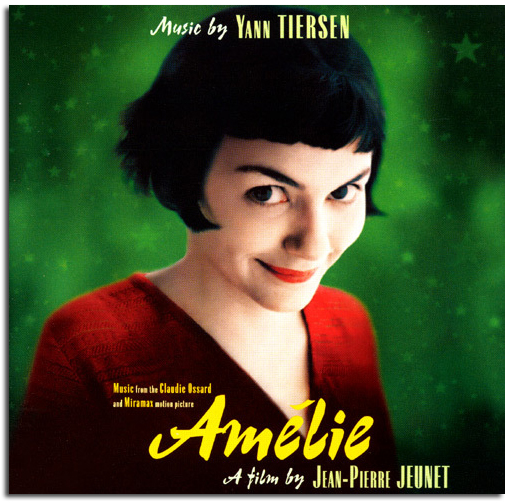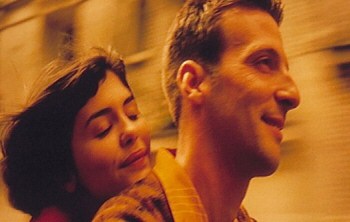Unsung Heroes: The Technical Advisor on 'The Hustler'
 Friday, April 8, 2011 at 4:00PM
Friday, April 8, 2011 at 4:00PM 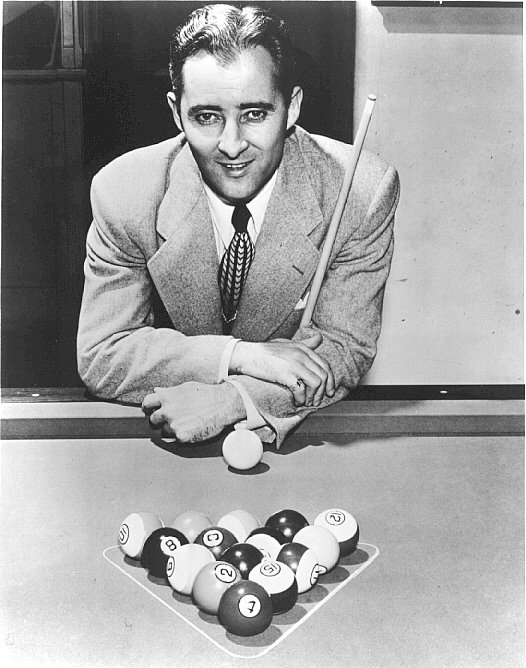 Willie MosconiSerious Film's Michael C. here. 2011 will mark the 50th anniversary of Robert Rossen's classic The Hustler, so in this episode of Unsung Heroes I thought it a great opportunity to tip my hat to a man who is a large part of why the film is still watched and loved five decades later.
Willie MosconiSerious Film's Michael C. here. 2011 will mark the 50th anniversary of Robert Rossen's classic The Hustler, so in this episode of Unsung Heroes I thought it a great opportunity to tip my hat to a man who is a large part of why the film is still watched and loved five decades later.
There is a vibe you get from certain films, a vibe that tells you “this movie knows what it’s talking about. This is how it really is.” The film's subject may be totally unfamiliar, space travel or gourmet cooking, but you can still sense when a film has done its homework and when it’s faking it. It’s the difference between the poker movie which simply gives the hero a royal flush, and the poker movie that knows it is more impressive to watch the hero play an average hand brilliantly.
Robert Rossen’s The Hustler is a movie you can feel knows its business cold from its first seconds. The Hustler had as technical advisor pool playing great Willie Mosconi, a man whose impact on the game of pool is comparable to Wayne Gretzky’s on hockey. His mastery seeps into every frame of this movie.
From the way the players screw their cues together to the way they call their shots this film has every detail in place. The Hustler is especially skilled at showing what happens when two competitors at the top of the game come up against each other. A lesser movie would simply have billiard balls spinning and hopping all over the table but The Hustler is wiser than that. Thanks to Mosconi’s know-how, and the great script by Rossen, it makes clear that the game is won or loss on stamina and concentration, not on show-off displays and trick shots.

Rather than bogging it down with technical info this level of detail opens the story as a battle of personalities. The Hustler understands not only how pool is played, but how different characters types manifest themselves on the table. In one memorable exchange George C. Scott informs Newman's Fast Eddie he has the talent to be the best. When Newman asks why it was he lost anyway, Scott smirks that it was a lack of character. It's a testaments to the depth of the film's portrait of the game that we know exactly what he’s talking about.
Beyond creating a fully realized battlefield for the characters to clash, the technical know-how achieves something even more crucial to the film’s lasting success: It makes the movie incredibly cool. This is what I responded to most strongly when I first found this film as a teenager. These guys weren’t just hotshots. They were religiously devoted to the game. The question of the best was as weighty in the pool hall as it was in the world of chess or dance. With the aide of Mosconi, Rossen was able to show, for the first time to most of the public, that the pool hall was a worthy arena for this level of drama.
 10|25|50|75|100,
10|25|50|75|100,  Paul Newman,
Paul Newman,  The Hustler,
The Hustler,  Unsung Heroes
Unsung Heroes 




